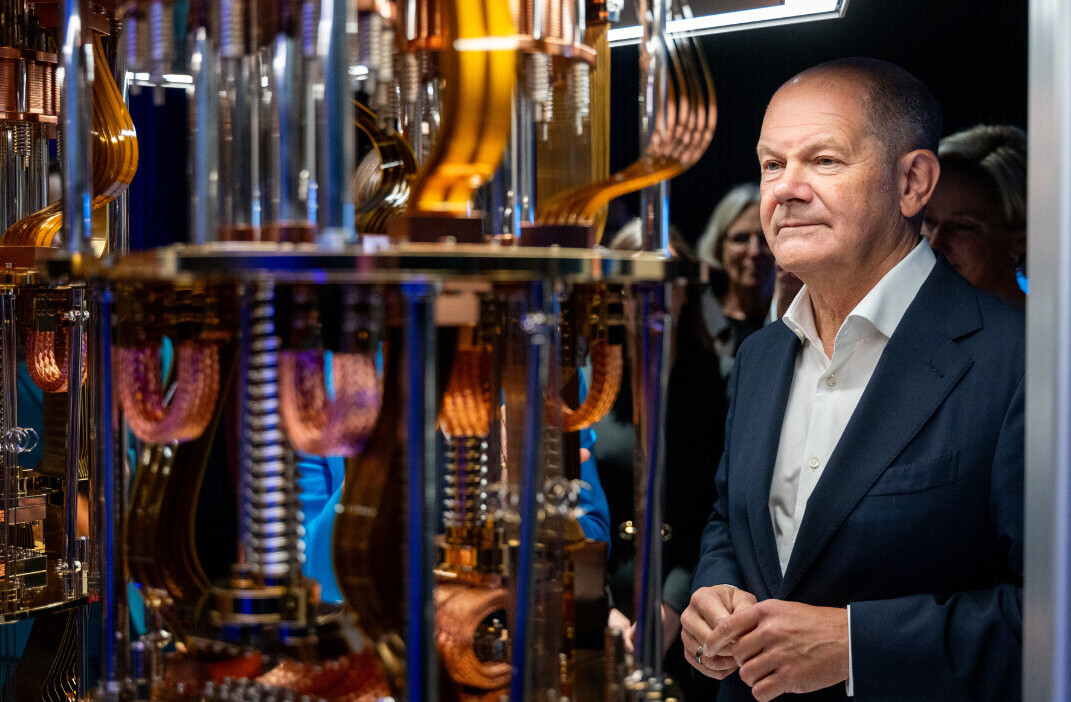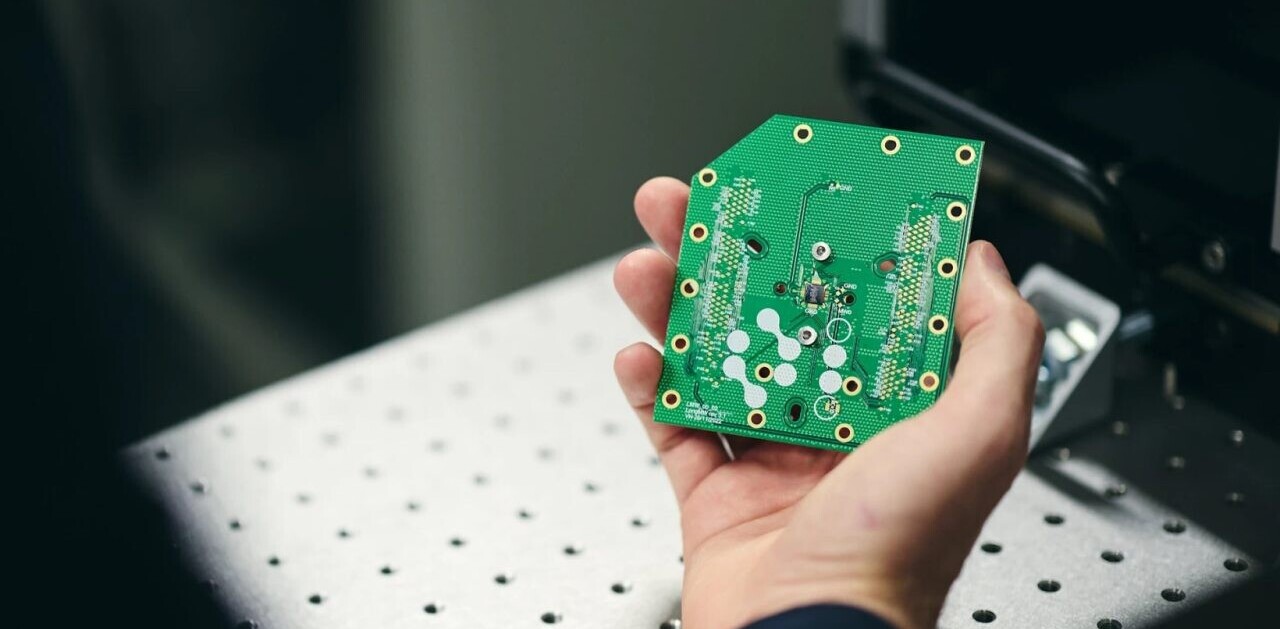
The concept of the ‘Silicon Roundabout’, London’s Old Street area that’s home to a multitude of new technology startups, has certainly become widely recognised in recent times, with Government investment now planned for the area and an ever-growing sense of connection with plans for a ‘Tech City’ that will stretch from the area to neighboring Stratford, hub of the 2012 Olympic Games.
It’s probably not a surprise that in recent years digital music startups have been drawn into the area, since it’s also known for its thriving gig and club scenes, bohemian bars and (at least in the past) relatively cheap rents. In fact, most of the key names of the UK’s emerging digital music industry call the Silicon Roundabout their home – Last.fm, MixCloud and Songkick have been based there for some time and Reactive Music, creators of the supremely innovative (and downright fun and clever) RJDJ and Inception apps have recently moved into ‘The Mission’ – an office space which has a backdrop of spray painted Underground carriages sitting on atop an old railway viaduct.
Last week, at the launch of the Silicon Roundabout Social Club I was lucky enough to talk about the area, its benefits and challenges for digital music companies with a group made up of developers and managers from MixCloud; Last.fm; Songkick; Reactive Music; WhoSampled and Musicmetric, as well as Rassami Ljungberg from Music 4.5, a series of events that aim to bridge the gap between the companies such as these and the traditional music industry.
Collaboration over competition
 One of the most positive things that emerged from the discussion is the willingness of these companies to work together to develop their platforms and services, something that’s made easier by the fact the area has a vibrant social scene. In addition to this, there is a feeling that since most of these companies are still operating at around the same size, and with a fairly diverse range of products and services, a sense of co-operation and mutual appreciation has formed, rather than one of competition.
One of the most positive things that emerged from the discussion is the willingness of these companies to work together to develop their platforms and services, something that’s made easier by the fact the area has a vibrant social scene. In addition to this, there is a feeling that since most of these companies are still operating at around the same size, and with a fairly diverse range of products and services, a sense of co-operation and mutual appreciation has formed, rather than one of competition.
Another thing these companies have in common is the challenge of building relationships with a music industry which is both suspicious of digital (following the serious burn its received from the MP3 format) and, in its traditional west London home, separated from them by geography. Naturally the problem of licensing rights to music that the likes of Google and Spotify have faced in recent times is also faced by these organisations but what also needs to be addressed is the reticence from the labels when it comes to examining new potential business models and product types that could potentially save them from extinction.
Challenges for the future
Bringing up the subject of the government’s recent interest in the area certainly seemed to provoke a positive response but also the feeling that it could go further in aiding companies in the area, especially when it comes to helping create a stable infrastructure – one major complaint is that of connectivity issues and an odd reluctance from major telcos to put fibre optic cables into the area, despite a considerable demand for this.
When it comes to the plans for Tech City, there are some concerns about whether or not this could draw potential talent away from the area to the larger tech firms that the government plans to attract there but a general acceptance that such companies’ sales and marketing teams being in the vicinity will likely help develop relationships and potentially boost some startups’ international presence.
To an enthusiast like myself who is based outside of the capital, the overall feeling from the Silicon Roundabout digital music community is a hugely positive one and it’s encouraging to see the degree of camaraderie and mutual appreciation between the companies during the discussion. With such an energized and thriving community its likely we’ll be seeing some more startups entering the fray in the coming future too and perhaps even see London emerge as the global centre of emerging digital music platforms and services.
Thanks to Nihkil Shah of Mixcloud for his help with getting together such a fine bunch of digital music minds!
Get the TNW newsletter
Get the most important tech news in your inbox each week.




